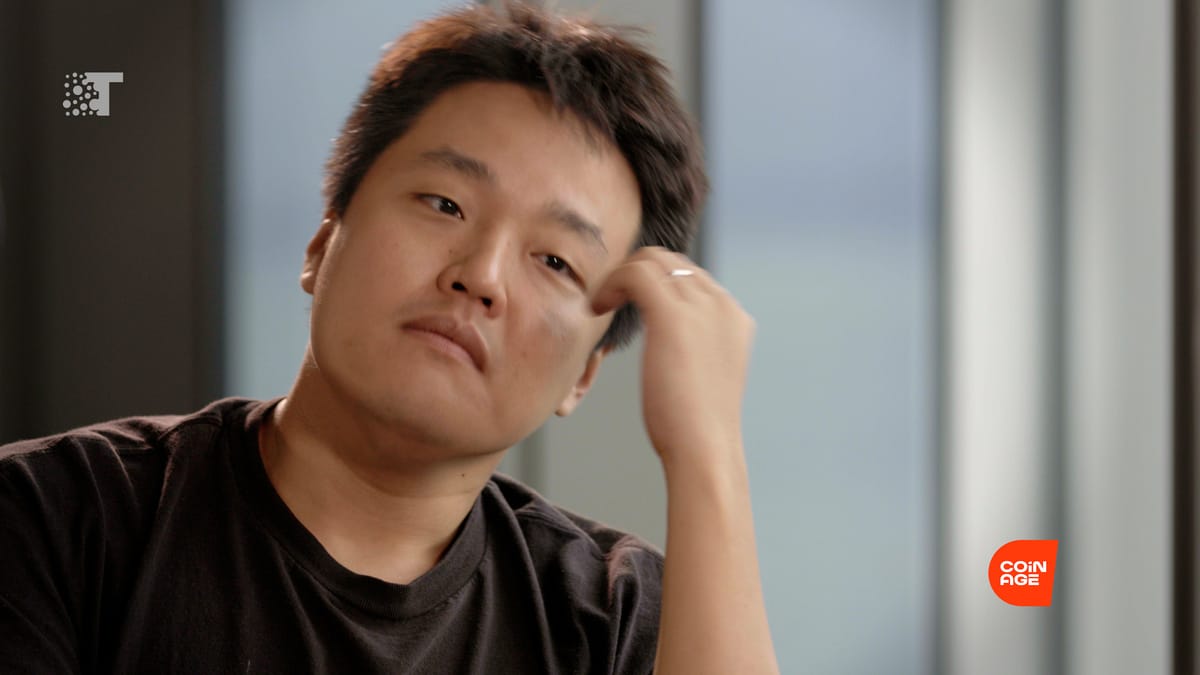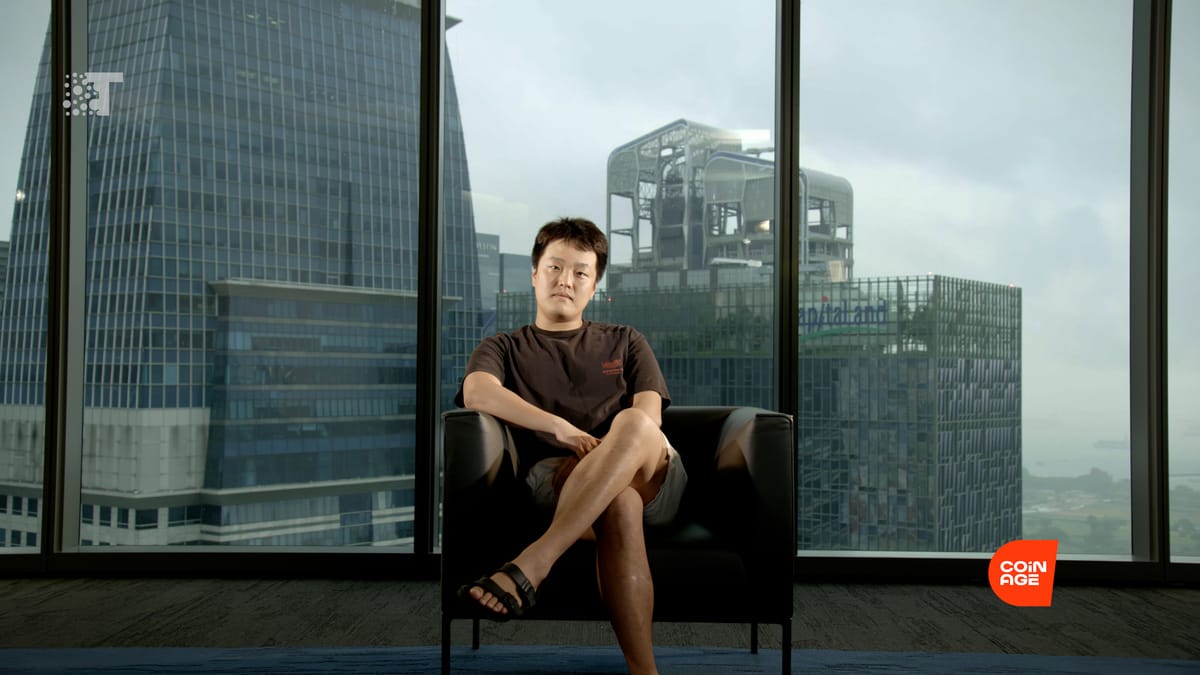- Crypto Uncomplicated
- Posts
- The SEC finally sues crypto's biggest bust
The SEC finally sues crypto's biggest bust
When "Failure" meets "Fraud" Part II

Crypto Uncomplicated is BACK! And with a bang — as the SEC has finally decided to sue a reoccurring character of this newsletter (Do Kwon, the crypto founder behind the $40 billion collapse that was the Terra project.)
If you’re just tuning back in, I was the last journalist to interview Do Kwon before he decided to flee Singapore following the issuance of an arrest warrant from Korean officials. Since then, Kwon has stayed mostly silent — even on social media.
Maybe that will change now, however, after the SEC filed a 55-page complaint detailing allegations that Kwon and his company Terraform Labs knowingly defrauded investors with the design of their crypto project.

Coinage was the first outlet to interview Do Kwon following the collapse of his $40 billion empire.
The case against Terra and Kwon highlight a few damning allegations, but nothing materially new to anyone who has followed along with my prior newsletters or interviews. As a reminder, the crypto project promised to do one simple thing: Offer two coins — with one staying stable at $1, and the other absorbing the volatility. In May of last year, the bottom fell out and both collapsed. If you want a refresher, our full video explainer and interview is on YouTube.
Since then, it’s been constantly intriguing to watch how the rest of the crypto world has rallied around Do Kwon as a “failure” but not a “fraud" on the same scale of now disgraced FTX founder Sam Bankman-Fried. (It is at this point I should again disclose that entities attached to both gentlemen were initial backers of my Web3 media company, and that, yes, I lost money in Terra and am still seeking a good career therapist.)
I caught up with one of the most well-respected crypto philosophers about the question of failure vs. fraud a couple months ago. With his more than half a million followers on Twitter, Erik Voorhees basically speaks for crypto and his assessment was simple: Do Kwon isn’t a fraud because his project just failed:
"SBF belongs in prison as a criminal. Do Kwon is more
like failing at an ambitious project." - @ErikVoorheesDo you agree that SBF is a criminal and Do Kwon is merely a man who got too ambitious?? ⬇️
— Coinage (@coinage_media)
3:48 PM • Dec 18, 2022
But the SEC case highlights much more than just failure. It also documents material misrepresentation of facts that made Terra’s adoption look way larger than it was (something Do Kwon even admitted to when we asked him point blank about it in our interview.) It also documented undisclosed deals that were struck to re-peg Terra’s stablecoin in a prior dip below $1 back in 2021. It also included a troubling message from a disillusioned employee watching all the misrepresentation play out. According to the filing, one employee said:
“working at terra has reinforced my belief in conspiracy theories . . . just the white lies to prop up … the illusion of decentralization and true extent of … adoption . . . all from the armchair of a single man sipping whisky” – the reference to a man sipping whisky being Kwon.’
But to many people in crypto, the idea of admitting Terra or Do Kwon committed securities fraud means admitting that crypto tokens are securities. By extension, it would also mean admitting that the SEC should have the authority to regulate crypto as securities and that’s just not in-line with the idea of permissionless finance. And yet, even crypto moderates would probably have to agree with the take that it’s generally bad to misrepresent user numbers and risks to the investing public.
Of course, as some people pointed out after the SEC case was filed, Do Kwon’s whereabouts are still unknown. Korean prosecutors have been unable to locate him, and have even traveled to Serbia to find him. It’s unlikely that a case being brought in the U.S. will change any of that.